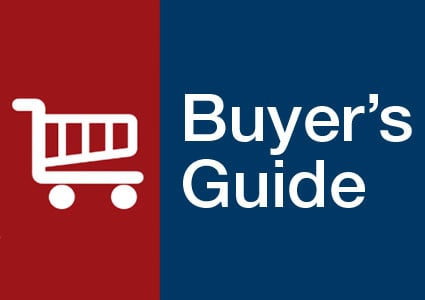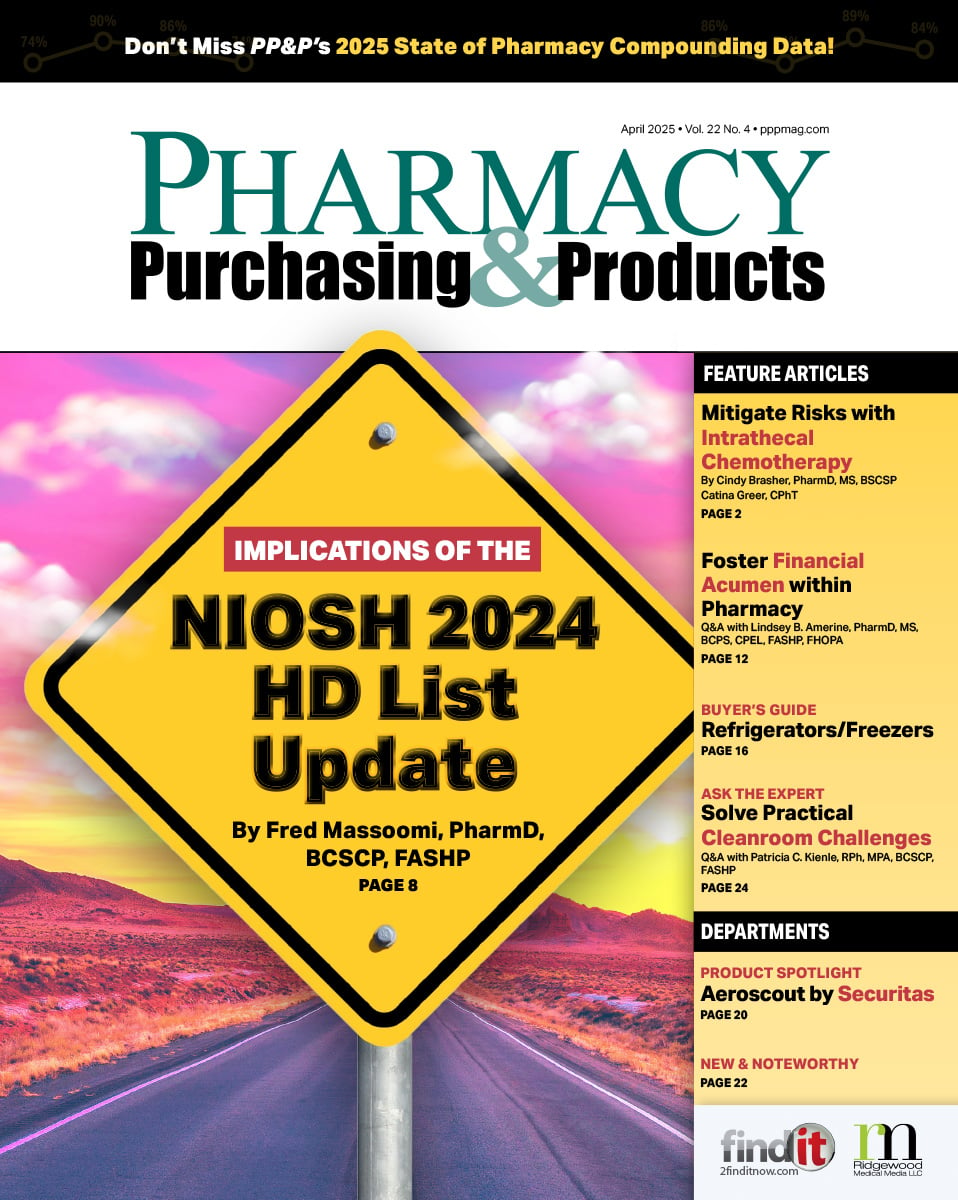- Show Menu
- Contact Us
- FAQs
- Reader Service
- Survey Data
- Survey Winners
- Testimonials
- Upcoming Events
- Webinars
- White Papers
Dealing with Natural Disasters, Some Man-Made
When it comes to medication supply management, 2012 was a banner year for dealing with the unexpected. In addition to the well-known effects of drug shortages that have caused problems for hospitals of all sizes, many facilities also faced unprecedented challenges as a result of natural disasters or some confluence of man-made events that tend to conspire against the efficient provision of health care services.
This past October, the logistical ramifications of the widespread damage caused by Hurricane Sandy were so severe that local governments, health systems, businesses, and countless individuals are still dealing with the enormous task of rebuilding, often from scratch, some four months later. Likewise, when Hurricane Isaac struck Florida this past August, Tampa area hospitals faced a unique set of circumstances. Not only was the looming hurricane cause for concern, but the area had already begun ramping up services due to the expected impact of the Republican National Convention, which was held in Tampa the same week. While this was an anomalous convergence of events, creating processes to address medication supply and management concerns in advance of expected (and unexpected) increases in demand is a vital initiative for hospital pharmacies. Some pharmacies may consider practicing scenarios that address triage of evacuees, assessment of immunization needs, and provision of prescriptions under a collaborative practice agreement.
As with the cyclical nature of weather events, other cities and areas of the United States are prone to event-based population migrations that can cause a significant uptick in ED visits. Large-scale productions such as the Super Bowl, World Series, or collegiate national championships draw tremendous followings and it can be difficult to gauge the impact of these events. Just recently, an accident at a NASCAR event in Daytona Beach, Florida, injured 28 spectators. Undoubtedly, the facilities providing care for those injured felt the effects of this unexpected influx.
Today’s modern pharmacies have more data at their fingertips than ever before, but that knowledge is wasted without processes in place to use it to advantage. Considering consignment programs, working with wholesalers and GPOs to prepare for expected, or unexpected, events, and generally preparing your staff to handle the unexpected are valuable management tactics. As the medication gatekeeper in the hospital, pharmacy must be able to react nimbly and be as prepared as possible for any disruptions in workflow.
All the best,
R. Mitchell Halvorsen
Publisher
Like what you've read? Please log in or create a free account to enjoy more of what www.pppmag.com has to offer.








